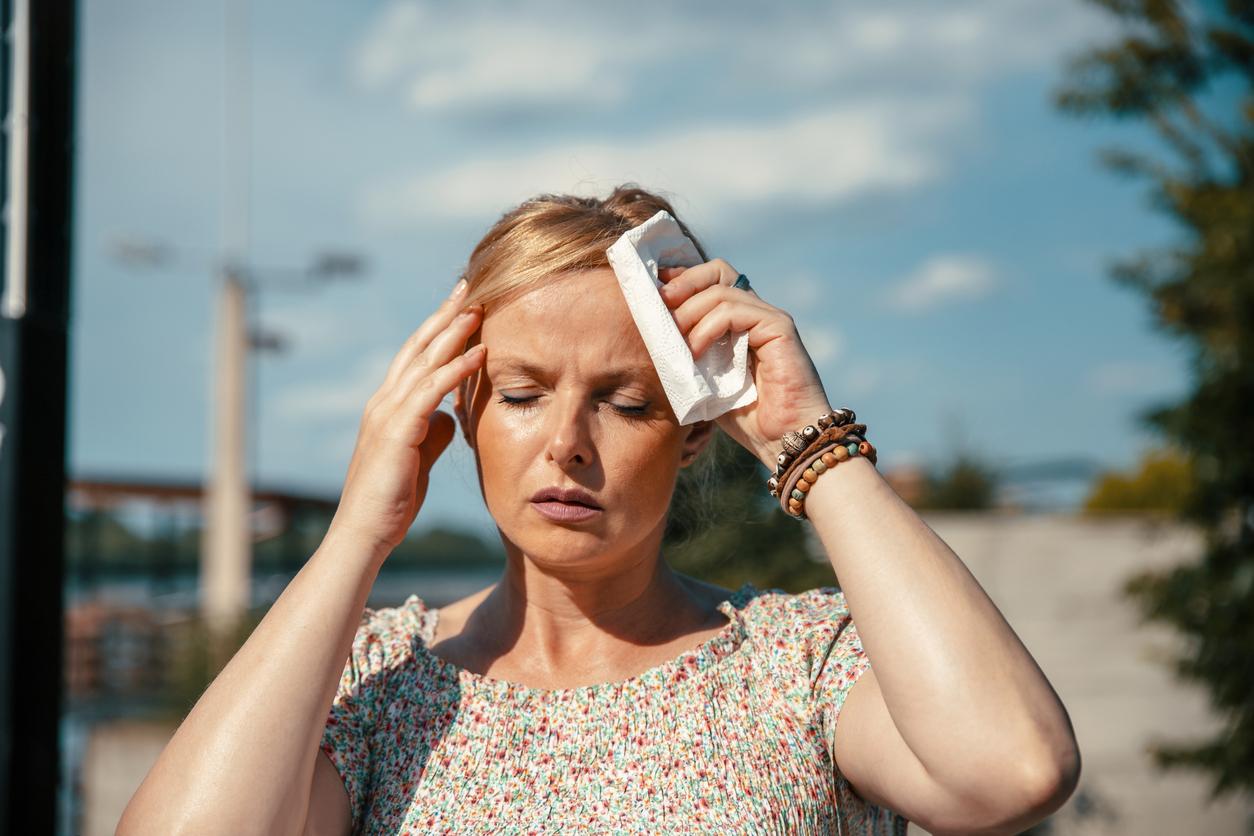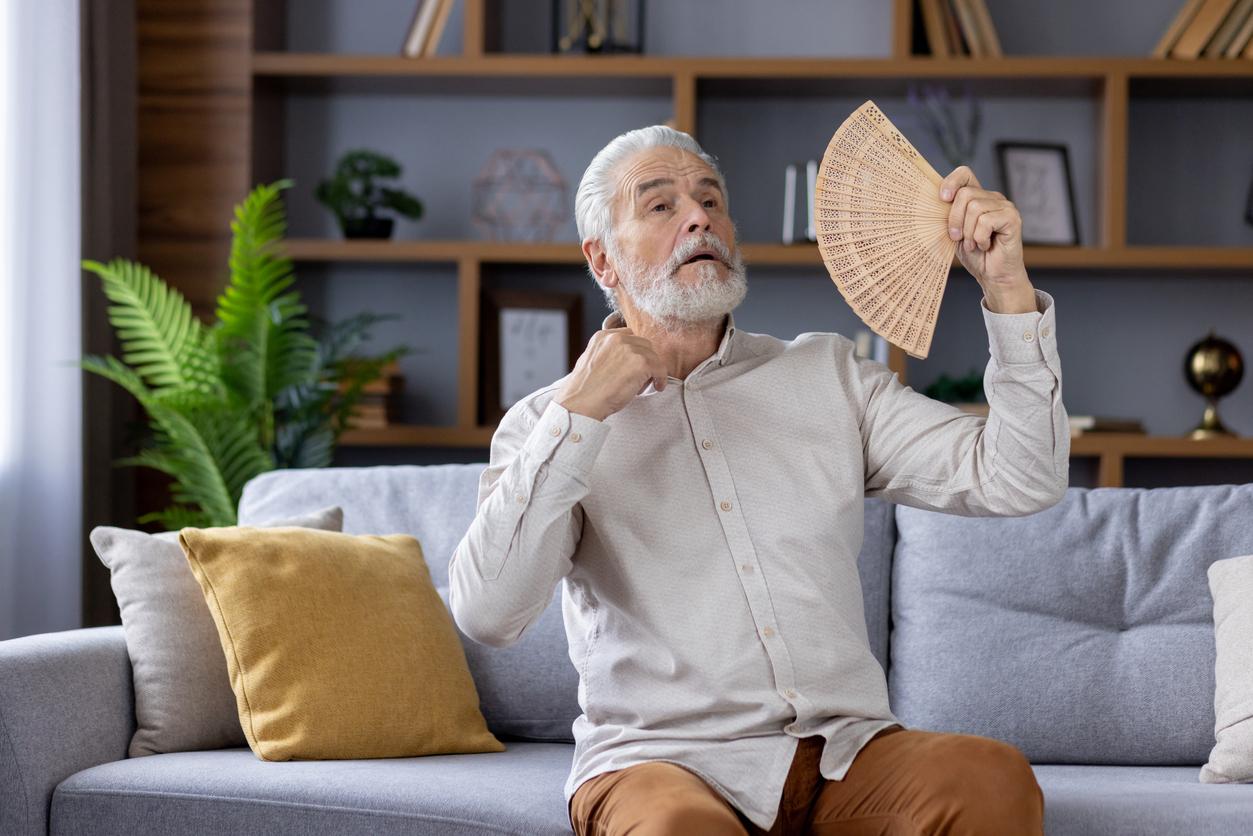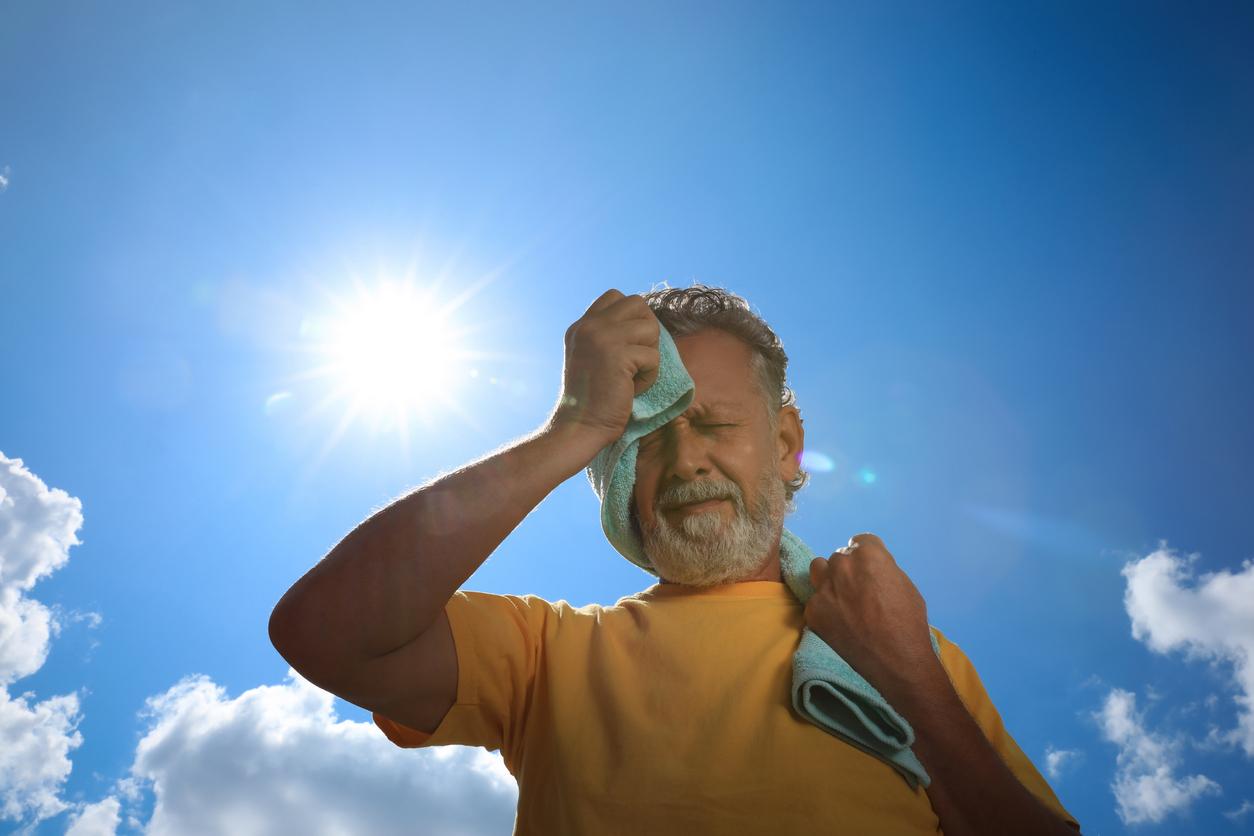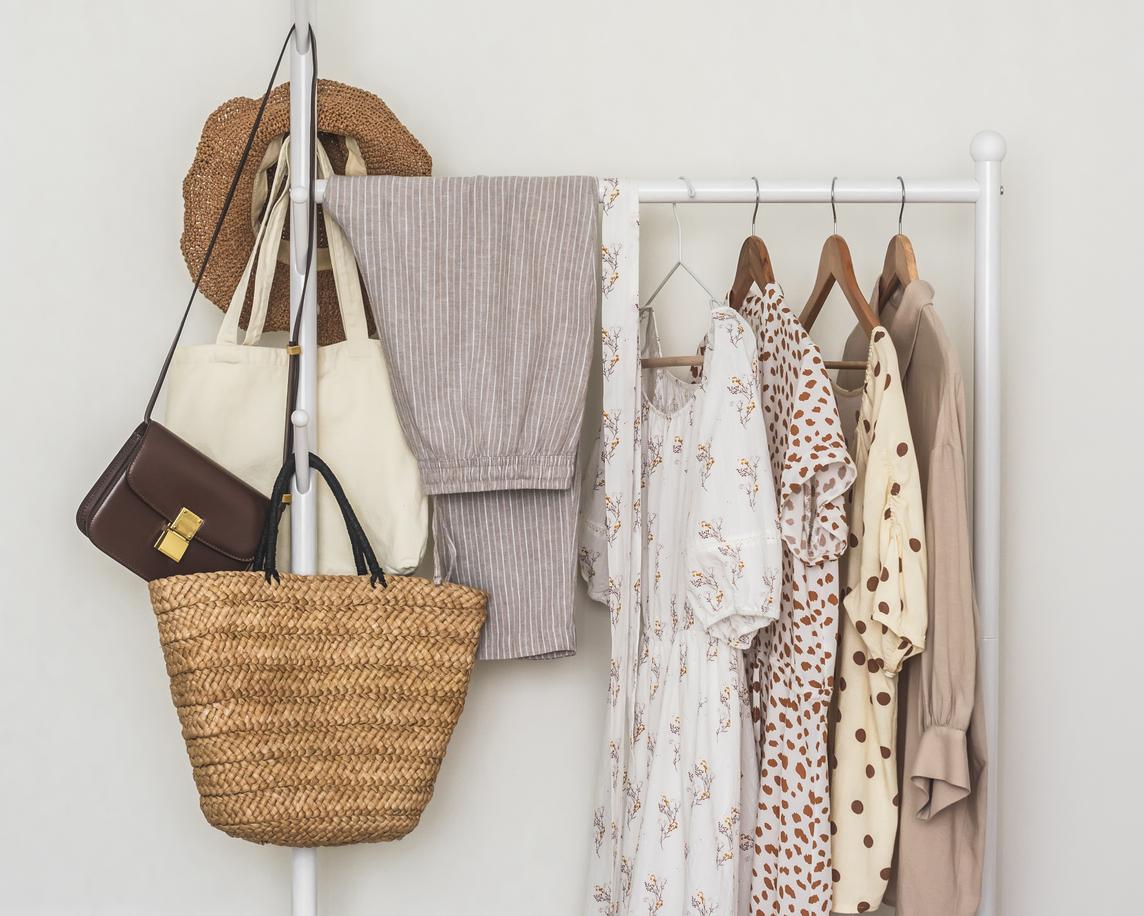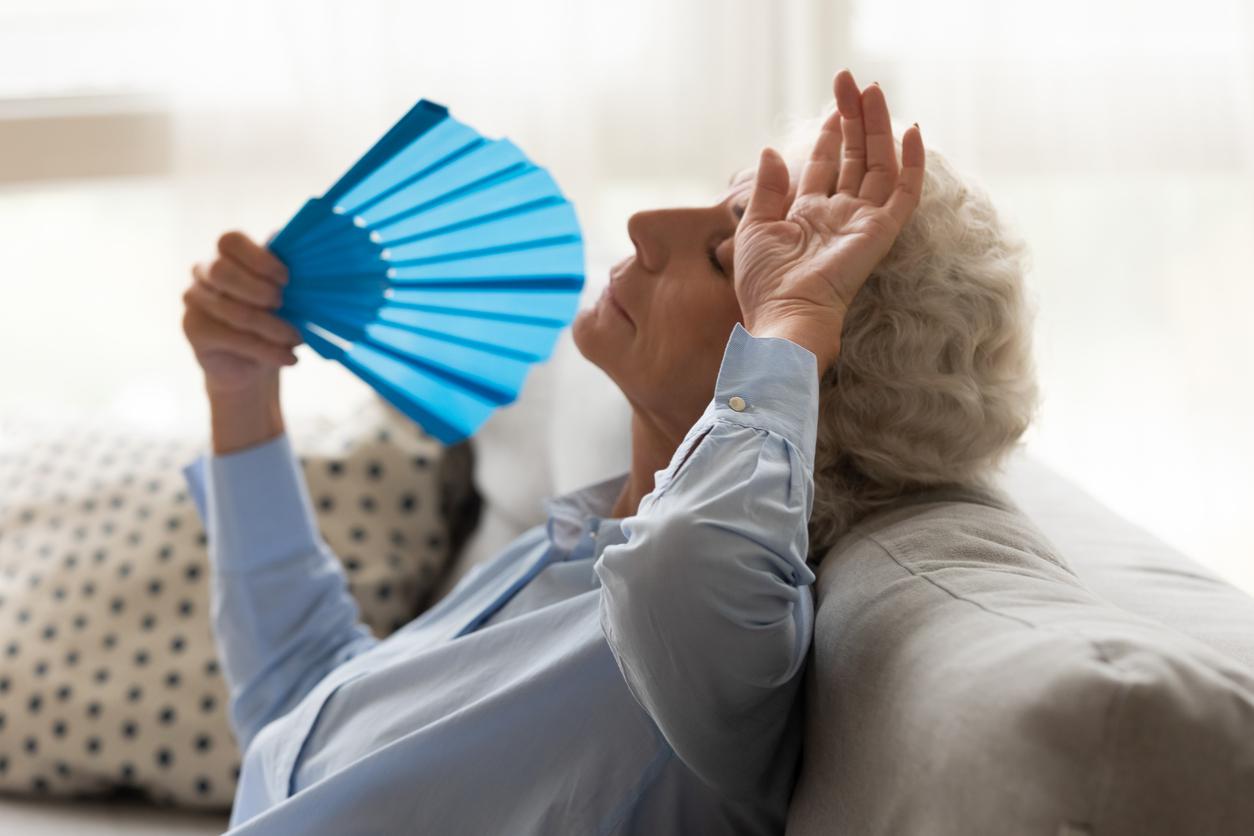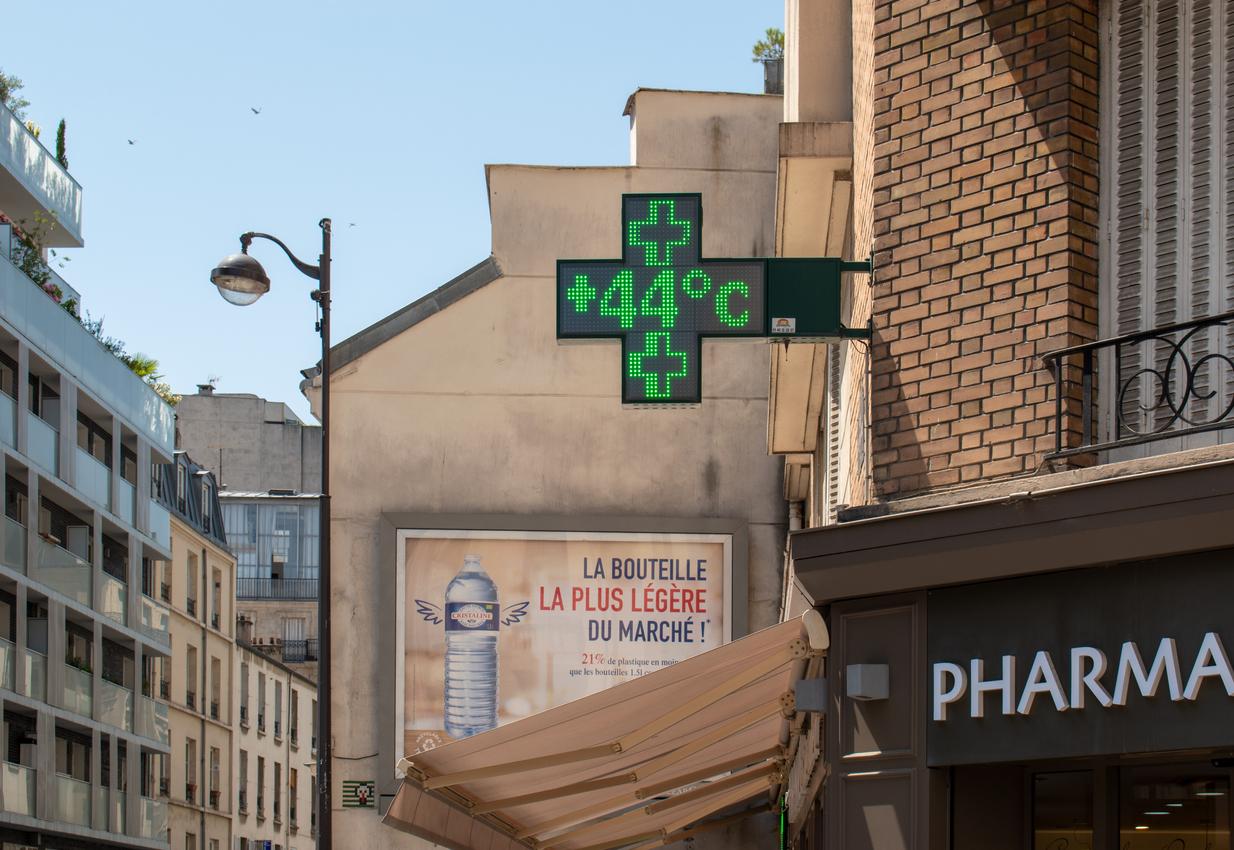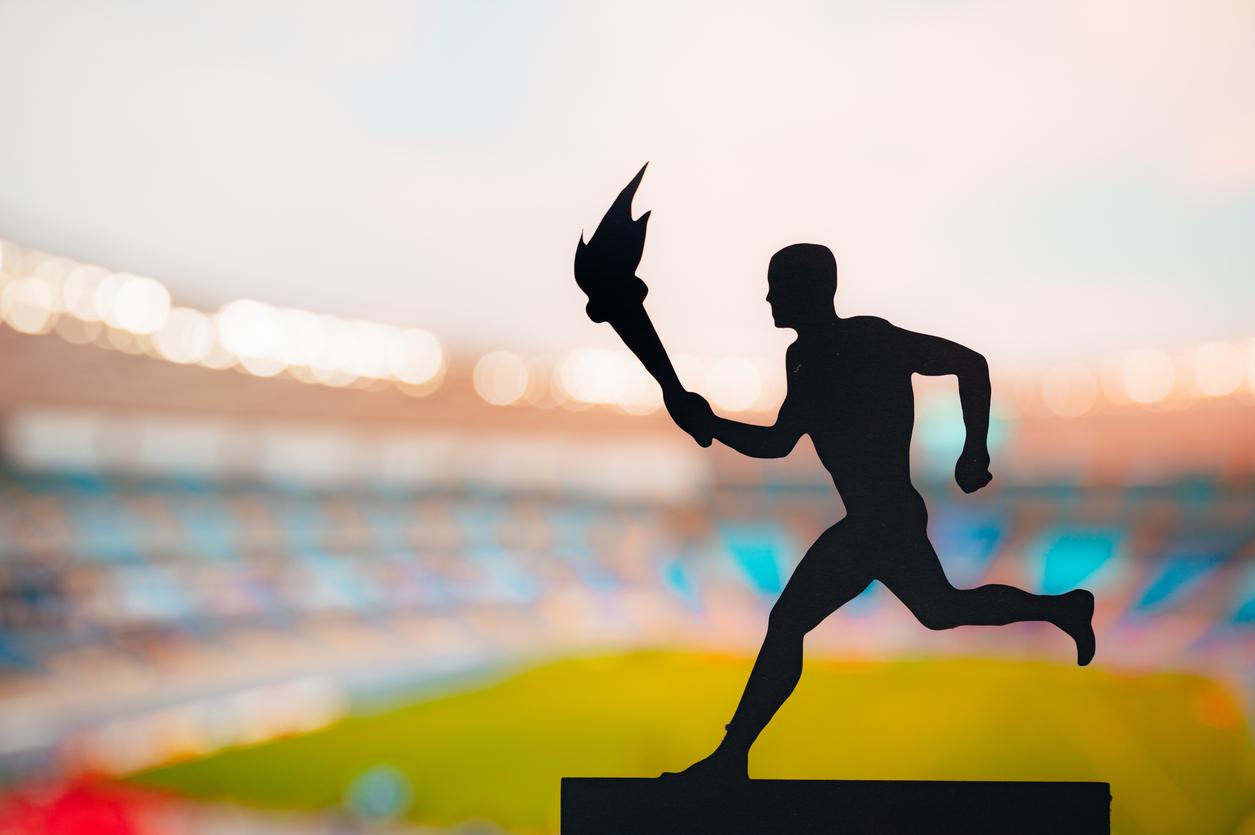Warmth: eat a balanced diet to recharge yourself with mineral salts
1. Avoid going outside during the hottest hours of the day, between 11 a.m. and 4 p.m., and sit in the cooler rooms of your home. However, if your apartment is south facing and you have no cool rooms, spend 2-3 hours a day in a cool place, such as department stores, cinemas, and all air-conditioned public places.
2. Seniors’ bodies do not sweat enough, so take a cool shower regularly during the day without drying yourself off. And also refresh yourself with a thermal water sprayer.
3. Protect yourself from the heat by closing shutters and windows during the day and opening them at night.
4. Drink regularly and without waiting to be thirsty. Adopt, for example, the principle of chrononutrition: a glass of water every hour until reaching 1.5 liters of water per day. If you do not like “plain” water, you can diversify this intake with tea, fresh coffee, syrup diluted in water, gazpachos, cold soups or watermelon or melon salads. On the other hand, alcoholic drinks, very sweet sodas and coffee should be avoided.
5. More than ever, try to have a balanced diet to recharge your body with mineral salts.
Warmth: listen to your body
6. Pay attention to the slightest feeling of exhaustion. This “heat exhaustion” manifests itself mainly in the elderly as dizziness, weakness, fatigue, or as insomnia or unusual nighttime restlessness. You should rest in a cool place, drink water, fruit juice or an energy drink diluted with water. If symptoms worsen or last for more than an hour, you should definitely call a doctor.
7. Ask your doctor for advice if you are taking any medication, especially if you have usual symptoms. If you experience any of the following symptoms: severe weakness, severe fatigue, lightheadedness, dizziness, impaired consciousness, nausea, vomiting, muscle cramps, high body temperature, thirst, and headache, call 15.
>> To read also: Sleep well when it’s hot












